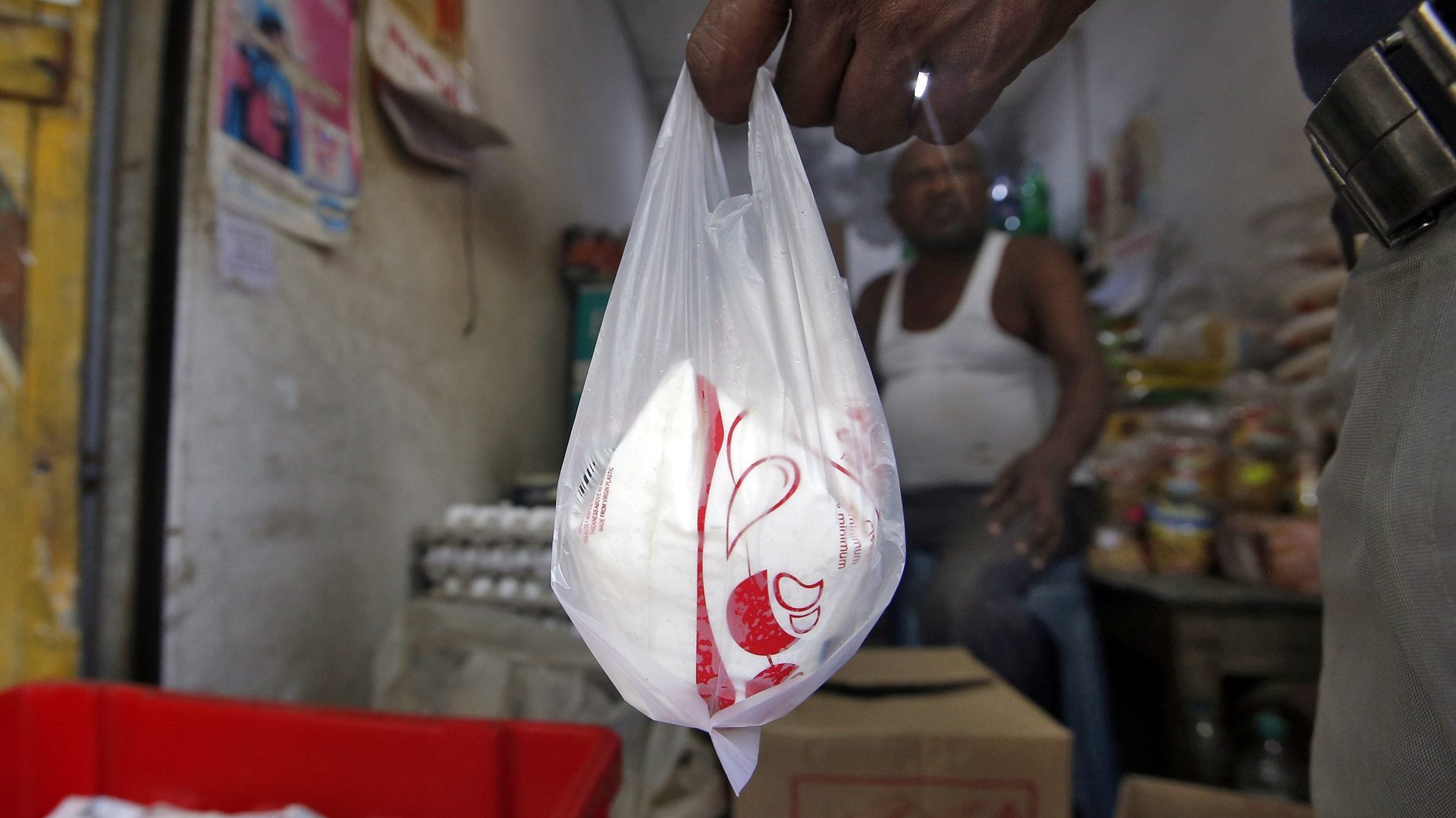Most Indians want to do something for the planet but simply can’t afford it
Most Indians are climate conscious and want to make more sustainable lifestyle choices, but are stuck for affordable alternatives.


Most Indians are climate conscious and want to make more sustainable lifestyle choices, but are stuck for affordable alternatives.
As much as 88% of people in the country believe “eco-friendly alternatives (to plastic or automobiles, for instance) are either too expensive or not effective,” according to the Mahindra “Alternativism” Report 2019. Only 4% said a lack of environmental concern influenced unsustainable lifestyle choices.
The findings are based on the Indian conglomerate Mahindra Group’s survey of more than 2,000 respondents, aged 25-55, in major cities like Mumbai, New Delhi, Kolkata, and Bengaluru.
Asking new questions
The disparity between climate awareness and life choices is most visible in the use of plastic. While 80% of the respondents said they are aware of the adverse environmental impact of the polymer, only a little more than a quarter (27%) were always able to find substitutes.
“When we set out to make this report, we thought there would be large gaps in awareness,” said Anirban Ghosh, chief sustainability officer, Mahindra Group. “We also thought (that) there would also be little less initiative on wanting to make a change. That’s where the number 27% becomes so important.”
It is, therefore, no longer relevant to simply ask whether Indians are aware of the environmental consequences of their choices, says Ghosh.
“We can move on to questions like how can the awareness of available alternatives be increased? How can the supply of available alternatives be increased? And how can the available alternatives themselves be increased?”
Onus on businesses
Climate-conscious Indians are now looking to businesses to play a bigger role in making sustainable alternatives the lifestyle norm. Around 89% of the respondents stated that “they would address climate change more actively if companies offered alternative solutions.”
So far, sustainable businesses have been taking advantage of consumers “who are likely to pay more” for their products, says Ghosh.
It’s no secret that electric vehicles, organic food, and sustainable fashion, for instance, are far more expensive. And the unaffordable prices may be driving away a sizeable chunk of would-be environmentalists.
If the results of this research are anything to go by, businesses have to expand beyond the niche to make sustainable alternatives more widely available and affordable. Key in this process will be the creation of a supporting ecosystem of regulations and technology by the government to help implement substantive change.
“We need an ecosystem where both regulations and technologies can help willing individuals do what they’re already willing to do,” said Ghosh.
The government has already proposed ambitious targets to phase out single-use plastics by 2022 and achieve 100% electric vehicle sales by 2030. However, the modus operandi to achieve these targets is still missing.